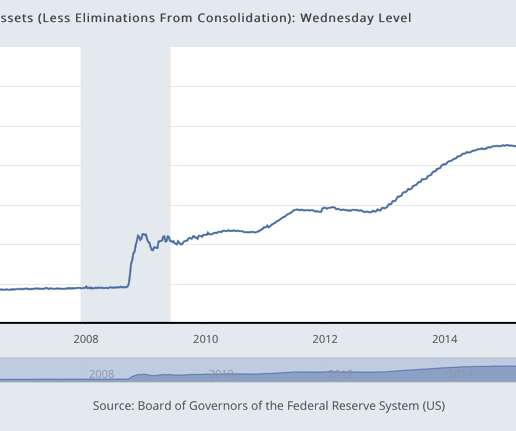Descent of the Global Monetary System
Tom Spencer
MAY 9, 2020
The principal goal of the Bretton Woods System was to create an efficient foreign exchange system in order to promote trade and economic growth while at the same time preventing countries from engaging in competitive currency devaluations. And secondly, it allows the government to engage in a certain amount of deficit spending.












Let's personalize your content